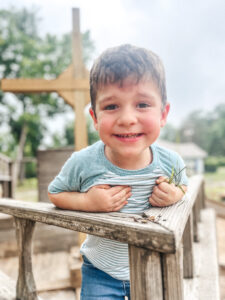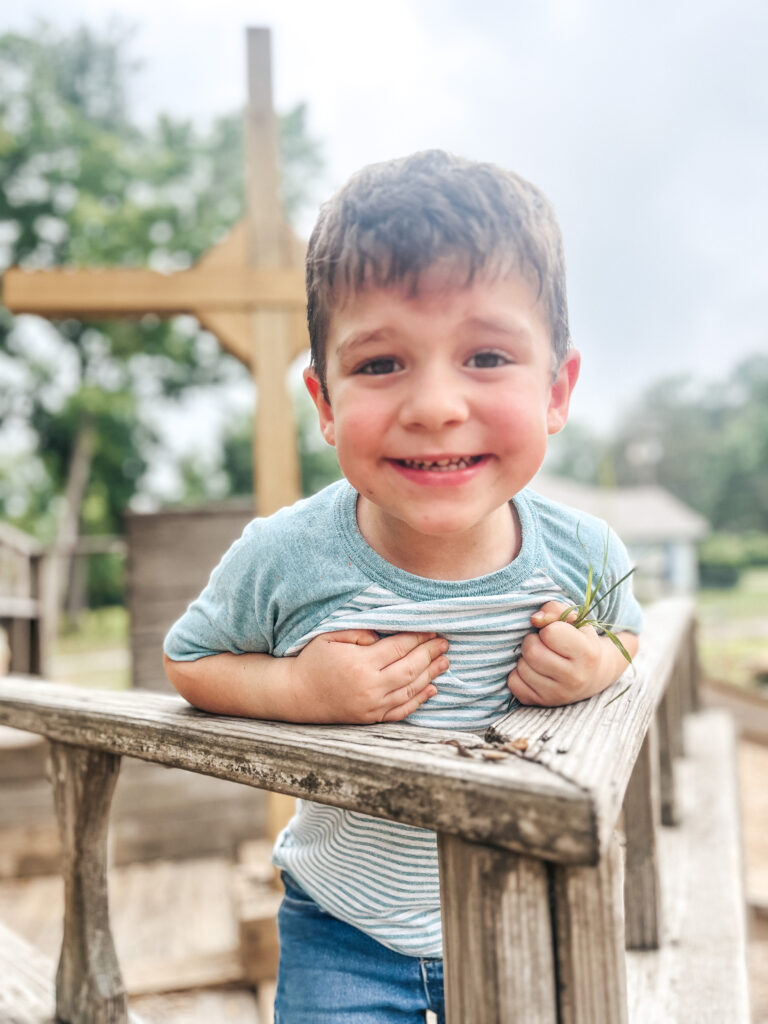 Having a large playground for children offers numerous developmental, social, and physical benefits. A spacious playground can enhance children’s overall well-being and provide opportunities for them to engage in a wide variety of activities that support their growth and development. Here are some key advantages of having a large playground for children:
Having a large playground for children offers numerous developmental, social, and physical benefits. A spacious playground can enhance children’s overall well-being and provide opportunities for them to engage in a wide variety of activities that support their growth and development. Here are some key advantages of having a large playground for children:1. Encourages Physical Activity and Fitness:
A large playground provides ample space for children to run, jump, climb, and engage in various forms of physical exercise. These activities help improve children’s motor skills, coordination, and strength. The more space available, the greater the variety of physical activities children can participate in, leading to better overall health and fitness. Physical activity is also crucial for combating childhood obesity and fostering healthy habits that can last a lifetime.
2. Promotes Social Skills and Cooperation:
In a larger playground, there are more opportunities for children to interact with their peers, which fosters social development. Whether through group games like tag, cooperative play on swings or slides, or team sports like soccer, children learn how to share, negotiate, take turns, and work as a team. These interactions help develop important social skills, such as empathy, communication, and conflict resolution, all of which are essential for building strong relationships and positive social behaviors.
3. Stimulates Imagination and Creative Play:
A spacious playground can offer a wider variety of equipment and play structures, sparking children’s imaginations and encouraging creative play. Whether it’s pretending to be pirates on a ship, explorers in a jungle, or athletes in a race, children can engage in imaginative play that helps them develop problem-solving skills, cognitive flexibility, and a sense of adventure. A large playground also provides more space for open-ended, self-directed play, where children can invent their own games and stories, enhancing creativity and innovation.
4. Supports Emotional Development:
A large playground allows children to have a broader range of experiences, from the exhilaration of climbing high structures to the calm of sitting under a tree or playing in a sandpit. This variety of spaces provides emotional benefits, as children can choose to engage in more active play or quieter, reflective moments. A large playground also helps children build resilience and confidence as they challenge themselves physically (e.g., climbing to higher levels) and emotionally (e.g., learning to navigate social interactions with peers).
5. Fosters Independence and Risk-Taking:
Children benefit from having space to explore and take appropriate risks in a controlled environment. A large playground typically includes structures like climbing walls, ropes, or slides that allow children to test their limits and develop a sense of independence and self-reliance. Learning to take safe risks—like balancing on a beam or climbing a higher structure—helps children build confidence in their abilities and teaches them important lessons about overcoming fear, making decisions, and dealing with challenges.
6. Improves Cognitive Development:
Large playgrounds often include elements like sensory gardens, interactive learning stations, or nature areas that stimulate children’s senses and cognitive skills. Activities like counting steps, identifying colors, exploring textures, or navigating obstacle courses all contribute to cognitive development. Moreover, larger spaces allow for more diverse play opportunities that encourage problem-solving, spatial awareness, and critical thinking, which are key components of cognitive growth.
7. Enhances Sensory Development:
A large playground can include a variety of textures, sounds, and visual stimuli that help children develop and refine their sensory processing skills. For example, they might experience the feeling of grass underfoot, the sound of wind in the trees, or the sight of different colors and shapes in the playground equipment. Sensory play is essential for brain development, as it supports the integration of sensory information and helps children regulate their responses to different stimuli.
8. Provides Opportunities for Diverse Activities:
With more space, a large playground can accommodate a wide range of activities, from group games like soccer and basketball to individual activities like swinging, climbing, or riding bikes. The variety of spaces allows children to pursue their interests and preferences, whether they enjoy active sports, imaginative play, or more solitary activities like drawing or reading in a quiet corner. A diverse playground also ensures that children of different ages and developmental stages can all find activities that challenge and engage them appropriately.
9. Improves Fine and Gross Motor Skills:
A large playground provides various types of equipment that promote the development of both fine and gross motor skills. Climbing structures, swings, slides, and balance beams help strengthen large muscle groups and improve coordination, balance, and strength. Activities like building sandcastles, drawing with chalk, or playing with small toys help refine fine motor skills. Both types of skills are crucial for children’s physical development and later academic success.
10. Supports Connection to Nature:
If the large playground incorporates natural elements—such as trees, grassy fields, gardens, or water features—it can provide children with a connection to nature that supports environmental awareness, curiosity, and well-being. Nature-based play encourages children to explore the natural world, understand ecosystems, and develop a sense of wonder and appreciation for the environment. It can also help reduce stress and promote relaxation by providing a more peaceful and calming atmosphere.
Conclusion:
A large playground is an invaluable resource for children’s development. It supports physical health, social skills, emotional growth, cognitive development, and creativity, while providing a safe space for exploration and learning. Whether it’s fostering teamwork, building confidence, or encouraging imaginative play, a spacious playground offers children the freedom and opportunity to engage in a wide range of activities that contribute to their overall well-being. Investing in large, diverse playgrounds ensures that children can grow and thrive in an environment that nurtures all aspects of their development.
 Kaye Boehning, M.Ed
Kaye Boehning, M.Ed
Founder, CEO
Tomorrow’s Promise, Inc.
2817 Old Houston Rd.
Huntsville, Tx 77340

